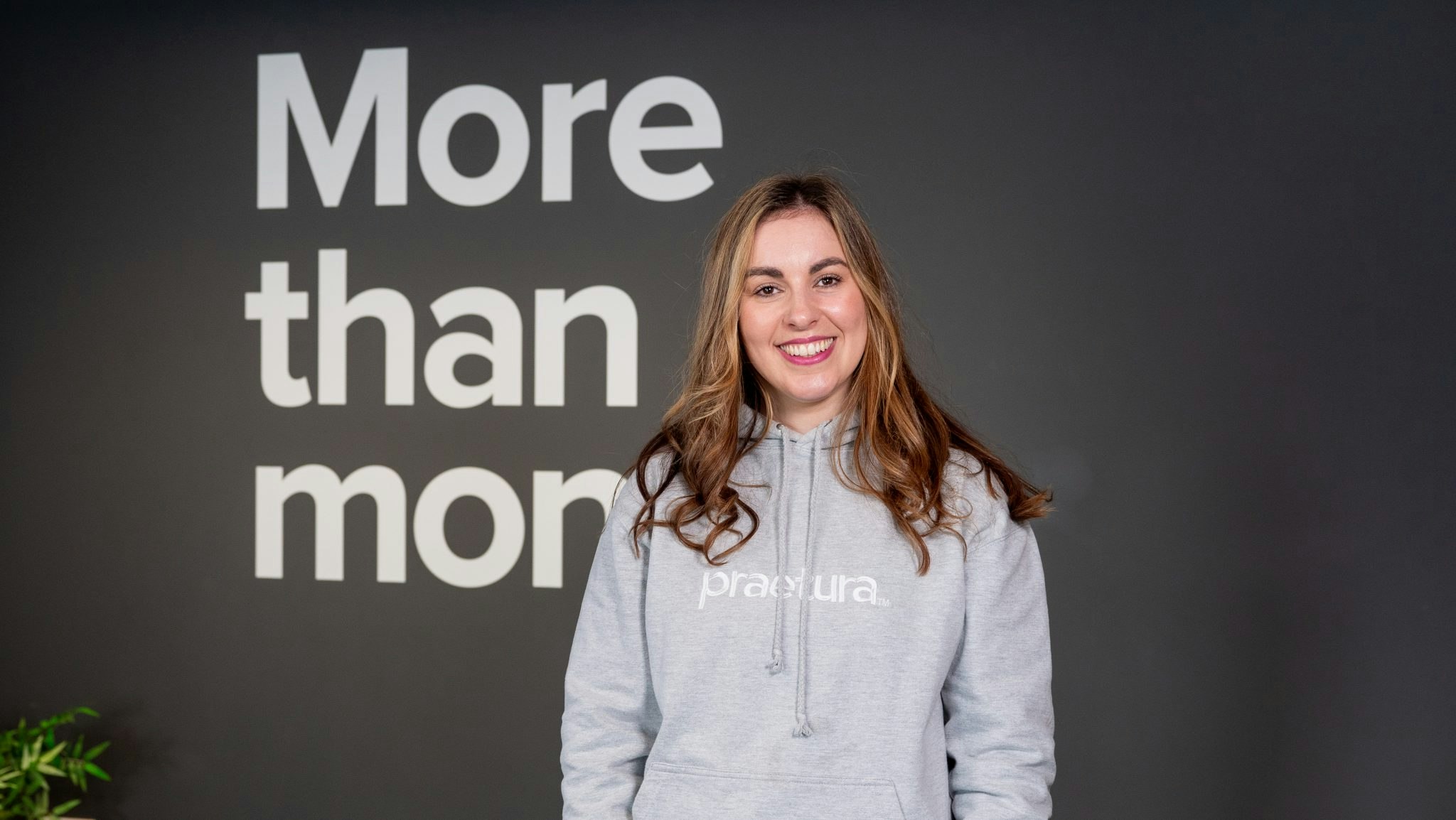Startups aren’t the only ones struggling to fundraise at the moment — so are VCs.
In the first nine months of 2023, European VCs raised €13.9bn, putting them on track to raise significantly less than the €27.6bn raised in 2022.
Yet that doesn’t seem to be for lack of trying. According to a recent survey of 111 VCs investing in Europe, carried out by Sifted, a majority of VCs (51%) have spoken to over 100 LPs in the past two years about fundraising.
It’s perhaps not surprising that LPs are wary: Sifted also learnt that 56% of European VCs haven’t returned any capital to their LPs in the last 12 months.
But, ever an optimistic lot, 72% of VCs told Sifted they expect to start returning more capital to their LPs over the next 12 months.
Who’s fundraising?
60% of VCs surveyed by Sifted said they are currently fundraising. 7% said they expected to start raising a new fund in the next 6 months, 14% said they’d do so in the next 6-12 months, while 19% plan to fundraise in the next 12+ months.
Of the 111 VCs who responded to Sifted’s survey, 70% invest at pre-seed/seed and 22% at Series A. 95% of respondents were European investors who invest in European startups; just 5% were investors based elsewhere in the world investing in Europe.
Who are they fundraising from?
Family offices and high-net-worth individuals are clearly VCs’ — and especially early-stage VCs’ — best friends.
95% of respondents have them as LPs already. 43% have corporates as LPs, while 42% have fund of funds as investors.
Just 15% have raised from a pension fund, 14% from a sovereign wealth fund and 10% from an endowment (usually trusts or foundations run by educational or cultural institutions).
Family offices are also considered the easiest type of LP to raise from, by 66% of VCs. Other VC firms are considered hard to raise from (33.3% of respondents said it was “hardest“ to raise from their peers).
42% of European VCs said they’ve raised from state-backed LPs.
Where are their LPs based?
The vast majority of respondents’ LPs are based in Europe. 38% of European VCs that answered Sifted’s survey have a UK-based LP, while 20% have a German LP.
18% of European VCs have North American LPs, while just 8% have raised from an Asian LP and 4% from a Middle Eastern LP.
36% of respondents said they thought non-European LPs were less interested in investing in European VC compared to two years ago — although 28% disagreed, saying they thought non-European VCs were more interested.
French LPs seem underweight; only 8% of respondents had a French investor, compared to 15% that had a Nordic LP.
Which LPs are no-gos?
Despite the tough fundraising market, there are some categories of LP that VCs tell Sifted they would never raise from.
17 VCs said they would turn down LPs with links to Russia. 10 said they would turn down Chinese LPs, and 10 said they would turn down investors from the Middle East.
Others said they wouldn’t raise from public funds or from sovereign wealth funds, owing to the geographical or sector restrictions that might be placed on them.
12 VCs said they’d avoid LPs whose money originated from unethical sectors like oil and gas, or tobacco.
Dozens of VCs said they wouldn’t take money from any LP that didn’t pass their anti-money-laundering checks. Nine VCs said they’d take money from anywhere. “Beggars can't be choosers,” wrote one.
Why are some LPs not interested?
The system is gunked up. With the IPO market at a standstill and the M&A market still yet to really pick up, 56% of European VCs haven’t returned any capital to their LPs in the last 12 months — and so LPs are unable, or hesitant to, put any more capital into the ecosystem in the meantime.
Dozens of VCs surveyed by Sifted said LPs have told them that they are overallocated at the early stage — and so not interested in investing at the moment.
Dozens more said LPs had told them they had insufficient liquidity to invest.
Other LPs blamed high interest rates, market conditions and geopolitics for their hesitancy to invest in VC.
And then there was a smattering of respondents who said LPs tend to turn them down because they are a first-time or emerging fund, and/or their fund is too small, and/or the thesis wasn’t right for them.
A few VCs said LPs told them they were less interested in the VC asset class than previously.
However, LPs don’t seem to be trying to exit their positions in VC funds: 81% of respondents said no full or partial LP stakes in their fund had changed hands in the last 12 months. 9% said they had — and the final 10% said they were considering it.


